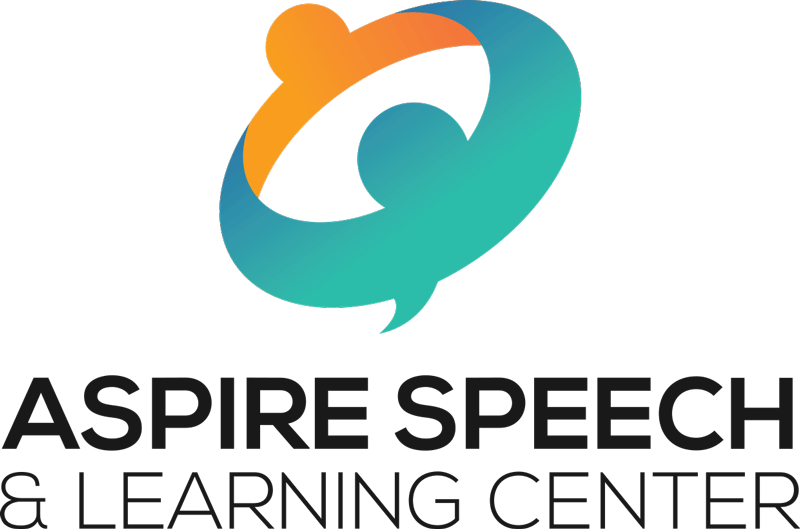Attention Deficit Hyperactivity Disorder (ADHD) is a neurodevelopmental disorder that affects millions of people worldwide. It is characterized by inattention, hyperactivity, and impulsivity, which can make it challenging for individuals to function in various settings.
Areas that are often affected by ADHD are speech and language. Individuals with ADHD may have difficulties with phonological awareness, vocabulary, grammar, and pragmatic language skills. For example, they may have trouble identifying the beginning sound of words, understanding and using complex grammar structures, and using language appropriately in social situations.
It’s important to note that not all individuals with ADHD will have speech and language difficulties, and not all language difficulties indicate ADHD. ADHD is a complex disorder and can co-occur with a myriad of conditions that affect language development—such as dyslexia, auditory processing disorder (APD), autism spectrum disorder (ASD), and specific language impairment (SLI).
Because the symptoms of these conditions tend to overlap, the difficulties an individual faces could be caused by one, or any combination, of these conditions. For this reason, it’s essential to receive a thorough and accurate differential diagnosis from a multidisciplinary team. Parents should collaborate with their child’s pediatrician for referrals for speech-language pathology, audiology, and psychology.
Overall, ADHD is a complex disorder that affects many areas of life, including language and communication. It is essential for individuals with ADHD to be evaluated by professionals such as a speech-language pathologist to determine if they have language difficulties and to develop a treatment plan that addresses their specific needs. Additionally, it’s important for parents, educators, and individuals with ADHD themselves to be aware of these possible difficulties and to seek help when needed.

